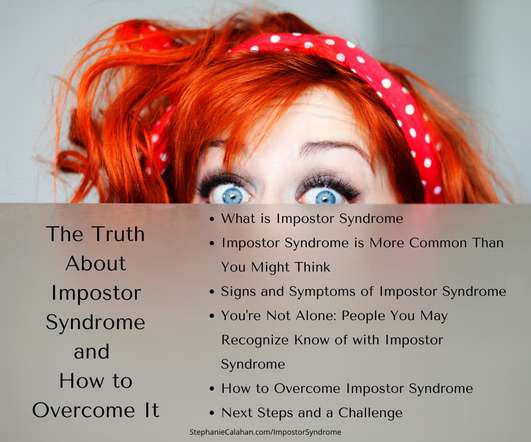How To Stop Procrastinating: Seven Practical Strategies For Remote Workers
Allwork
APRIL 24, 2024
Despite its numerous benefits, remote work also presents challenges, including procrastination — the intentional delay of tasks or responsibilities, which often leads to adverse outcomes such as self-criticism, stress, and anxiety. This self-defeating behavior typically stems from negative perceptions, including fear of judgment.












Let's personalize your content